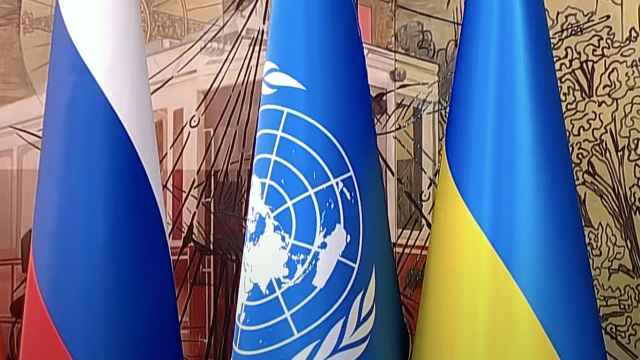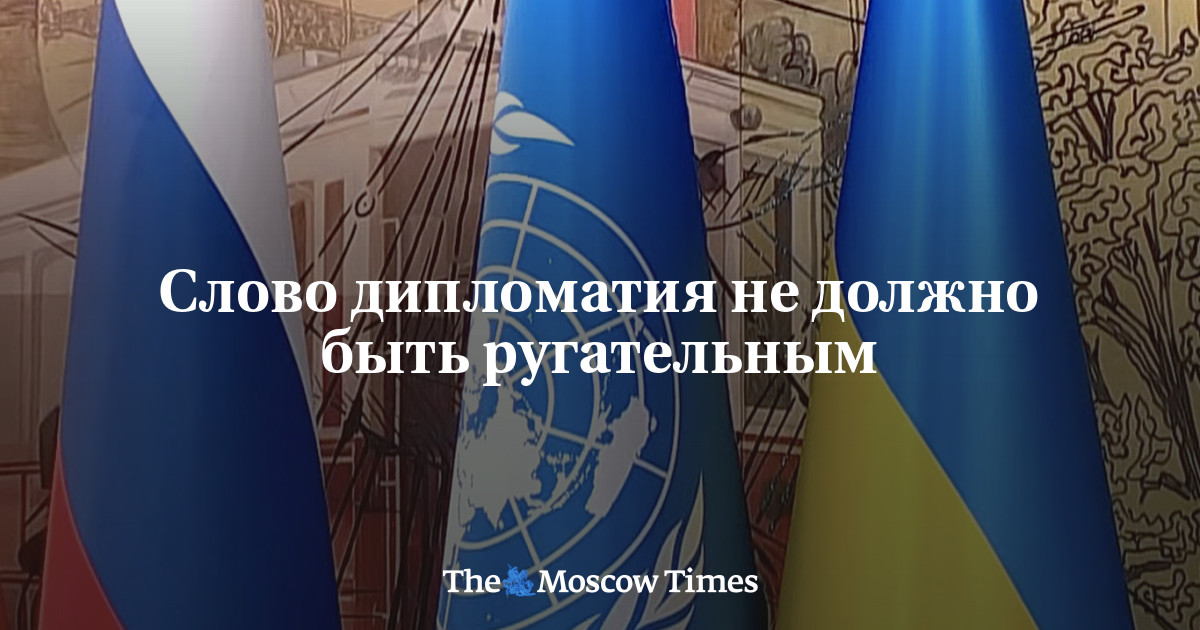
Joe Biden is one of the few world leaders who remembers the Cuban Missile Crisis well. He was a student and almost 20 years old when the United States and the Soviet Union were on the brink of nuclear war. Now, as US president, Biden has either reflected or warned that the world is closer to nuclear Armageddon than at any time since the crisis that erupted in October 1962 – exactly 60 years ago.
Some believe that Biden should not say such things: by allegedly publicly discussing nuclear war, the US President is playing into the hands of Vladimir Putin. After all, the Russian president and his army are in an increasingly desperate situation. Western intelligence agencies believe the Russians are running low on ammunition, something that only recently became apparent to Putin. By threatening to use nuclear weapons, Putin is using one of his remaining tools – trying to intimidate Ukraine and its Western supporters into making concessions.
However, Biden is not the only one who speaks publicly about the nuclear threat. Vladimir Zelensky also said that Putin is psychologically preparing Russians for the use of nuclear weapons. According to the leader of Ukraine, this is “very dangerous.”
With escalation increasingly likely—and the death toll rising—the lack of serious diplomatic efforts to end the conflict is both striking and troubling.
For some of Ukraine’s most ardent supporters, even talk of diplomacy is playing into Putin’s hands. Their argument is that the only acceptable and realistic way to end the war is for Putin to defeat him. This is good as a principle, but not very useful in practice.
Of course, it would be better if Russia suffered a complete defeat and a new, contrite government came to power in Moscow, one that would be willing to pay war reparations and put Putin on trial for war crimes. But this outcome, while within the range of possibilities, remains a very risky bet.
In the foreseeable future, it is much more likely that the conflict will further escalate as the capabilities of the Russian leader and his entourage dwindle.
Russia’s options include economic pressure, indiscriminate bombing of Ukraine, and sabotage of Western infrastructure. But more obvious nuclear threats are also likely. The actual use of tactical nuclear weapons cannot be ruled out.
The frequency with which Western leaders mention this and talk about possible retaliatory measures – the last one to do so was Emmanuel Macron – is a sign of how often they discuss it with each other privately.
In 1962, secret diplomacy helped resolve the nuclear crisis. This kind of activity is lacking today.
It is a big mistake to think that diplomacy is an alternative to powerful military support for Ukraine. On the contrary, these two approaches should go hand in hand and complement each other.
Providing military assistance to Ukrainians will give them the opportunity to achieve their goals in a peaceful settlement. Diplomacy cannot simply be postponed to some point in the future. Negotiations must go simultaneously with the battle. Ukrainians need to be involved and advised at every step.
Some Western military leaders are frustrated that their efforts in Ukraine are not being supported by simultaneous diplomacy. As one senior military source put it: “Military action by itself is ineffective. They are only truly useful when combined with economic and diplomatic efforts. And we don’t see such efforts.”
It can be assumed that politicians are negotiating secretly. Some sources say that several channels of communication are open with the Kremlin. Senior members of Biden’s team are believed to have spoken with their counterparts in Moscow. But the results were not encouraging as the Russian side stuck to the Kremlin-approved talking points.
Involving a third party can be fruitful. An example would be the deal that has already been completed, which allowed Ukrainian grain to leave the Black Sea ports, mitigating the global food crisis. Türkiye played a decisive role in mediating these negotiations. Recep Tayyip Erdogan, Turkey’s president, is no one’s idea of a stable mediator. But he has long-standing connections in Washington, Brussels and Moscow.
India can play such a role. Her refusal to support a resolution condemning Russia at the UN provoked many negative comments in the West. But this could make India a reliable mediator in negotiations with the Kremlin.
In the West, some of those thinking about a possible peace agreement indicate the basic requirements for it. Russia must withdraw at least to where its forces were before the February 24 invasion. Ukraine must have a guaranteed future as a viable state – with access to the sea, control over its own airspace and reliable security guarantees that do not depend on Russia’s good faith.
The status of Crimea will be the most difficult issue in any negotiations. But finding creative solutions to intractable problems is high-level diplomacy. We really miss her now.

